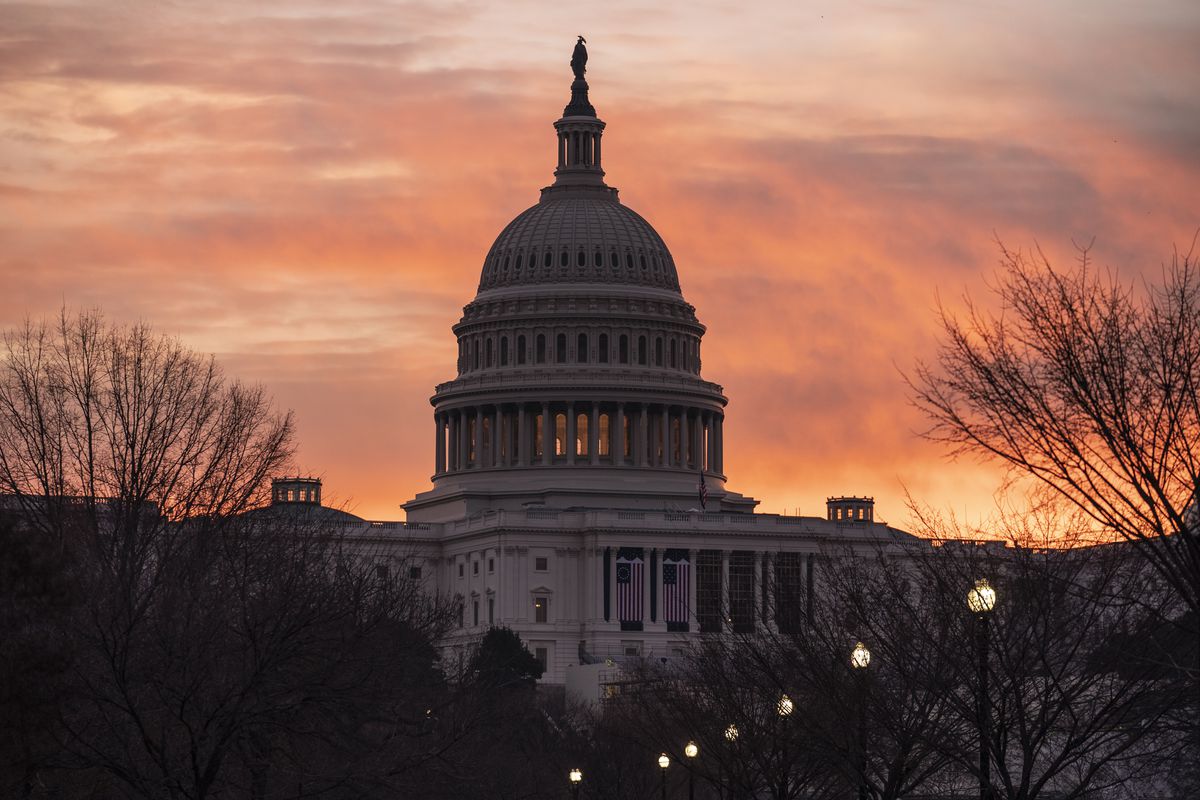
If changes aren’t made to Biden’s Build Back Better plan, the U.S could face some severe tariffs from its neighbors. While the proposed EV tax credit might benefit American consumers, it will significantly harm the auto industries abroad.
Here’s everything you need to know.
Table of Contents
Build Back Better, but for whom?
The Canadian and Mexican governments are unhappy with the Biden administration’s proposed EV tax credit. Expressly, both countries agree it would violate the United States-Mexico-Canada (USMCA) trade deal by granting undue advantages to U.S.-built vehicles.
Not only are they on the same page, but they might act in step to counter the tax credit with commercial retaliation.
Related: What the Build Back Better plan means for EV consumers
The U.S. Senate has promised to vote on The Build Back Better bill by Christmas day. If passed, Americans would receive a $12,500 tax credit when buying electric vehicles made in the U.S.
The downside for Americans is that it severely limits consumer choice of EV’s, making well-known brands such as Tesla ineligible. The problem for the U.S’s neighbours is that it will severely damage their massive automotive export industries.
While the White House passed a $7.5 billion bill today to grow their EV charging network to 500,000 stations, its neighbours have put the country on notice. After all, what’s the use of extra charging stations when there’s a diminished supply of eligible electric vehicles?
The threat to Canada

Canadian-built vehicles amount to nearly half of U.S. content, with more than $22 billion in American-made auto parts imported into the country every year. According to recent government statistics, auto manufacturers employ 125,000 Canadians. As a part of the economy itself, auto-making accounts for at least $12.5 billion of Canada’s GDP and is the second-largest sector of exports.
All in all, the proposal would amount to a 34% tariff on electric vehicles made in Canada.
“The proposed U.S. incentives are a bigger threat than anything pointed at us by Donald Trump.”
– Flavio Volpe, President of Canada’s Automotive Parts Manufacturers’ Association
See also: The best hybrid vehicles of 2021
Canada sent a scathing rebuke of the bill on Dec. 10 with a direct threat to impose tariffs on a mass of U.S. goods. These tariffs would impact American workers in the auto sector of the U.S. economy. Specifically, the fallout would be felt most in “Michigan, Ohio, West Virginia, Indiana, Kentucky, Illinois and New York, among others,” the letter stated.
Additionally, Canada threatened to stop certain benefits to U.S. dairy producers under USMCA. Why dairy? Well, since the EV tax credit would upset the agreed-to balance of concessions, there’s bound to be some push and pull in other sectors.
However, the Canadian trade ministers did offer a possible solution to the dispute: to make sure that Canadian-made vehicles and batteries would qualify for the same credit.
The threat to Mexico

Mexico has even more reason to be concerned, given that their automotive industry directly employs nearly 1 million people. Moreover, the auto industry is the hallmark of North American economic integration. Most workers produce auto parts later assembled into the final product in plants throughout the continent.
Not only does the bill threaten the loss of jobs, but it could, in turn, lead to migratory pressures.
“This measure could be equivalent to a tariff that’s even higher than the one proposed by President Trump.”
-Luz María de la Mora, Undersecretary for foreign trade in Mexico’s Secretariat of Economy.
See also: The fifteen best upcoming electric vehicles
The Mexican economy minister sees the tariffs as discriminatory, and the country is considering a range of legal actions in response. One such policy would be tariffs that strategically target U.S. products in places where they would feel the consequences. But since it’s not a desirable course of action, Mexico is actively lobbying members in the Senate to make a case for changing the language before it becomes law.
A solution similar to that offered by Canada would likely be enough to avoid conflict.
The path forward

Instead of focusing narrowly on protecting union workers in the automotive sector, the Biden administration should be working to strengthen the potential of the USMCA by increasing trade flows among the U.S., Mexico, and Canada.
Neither Canada nor Mexico wishes to go down a path of confrontation. That hasn’t been the history of the relationship between the three countries, and it shouldn’t be the future.
The tax write-off for buying electric vehicles is arguably meaningless to low-income Americans struggling with price inflation. But more importantly, the U.S. should support the auto factories in Mexico and Canada to produce affordable cars for American consumers.
See also: Are solar panels worth it to you?
Canada and Mexico worry that these issues will be overlooked by the U.S. lawmakers, as they are buried in a 2,000-page bill that reflects a range of domestic problems. Some of which are more politically salient for Senate members to discuss.
Hopefully, the proposed tariffs are a loud enough warning to warrant well-deserved reconsideration.